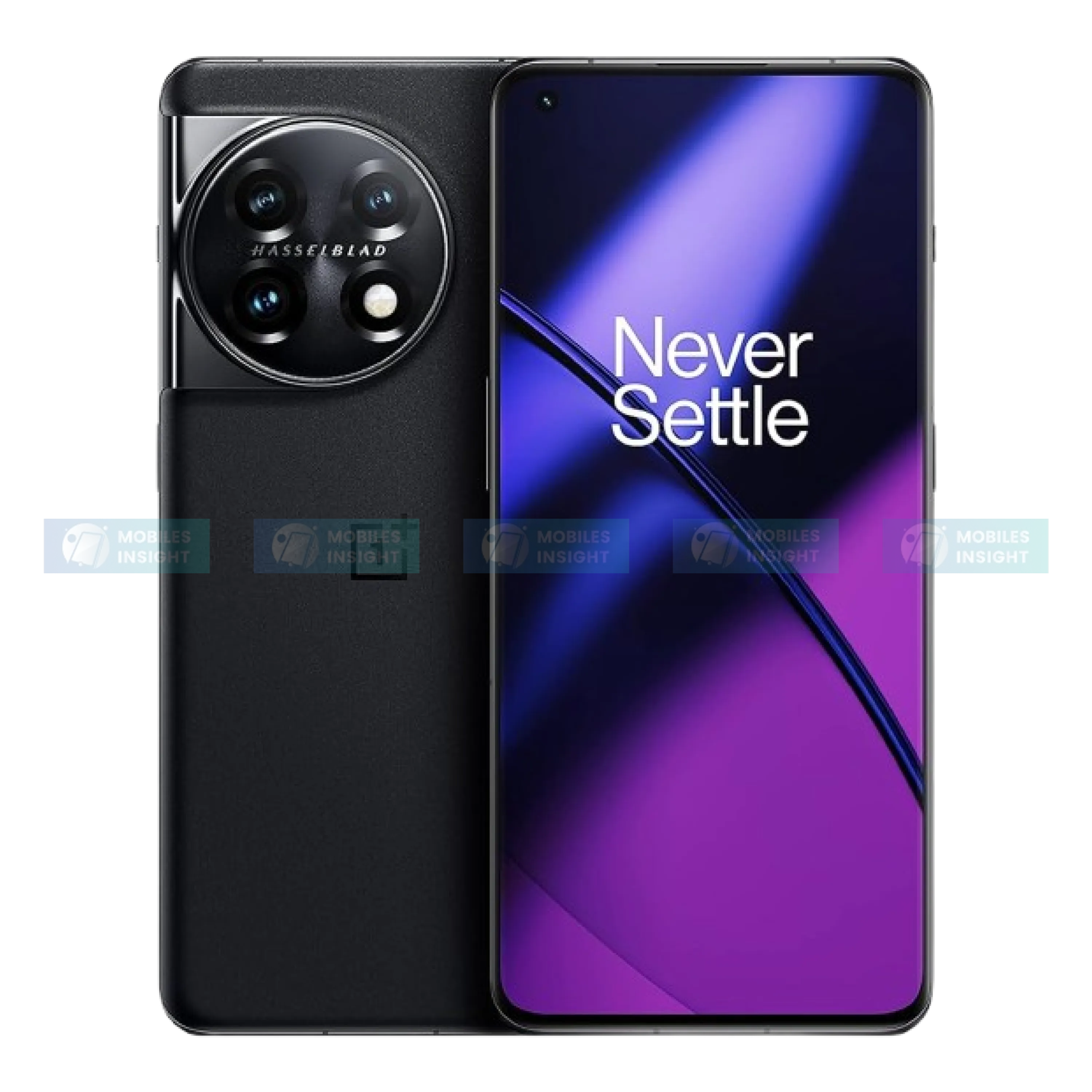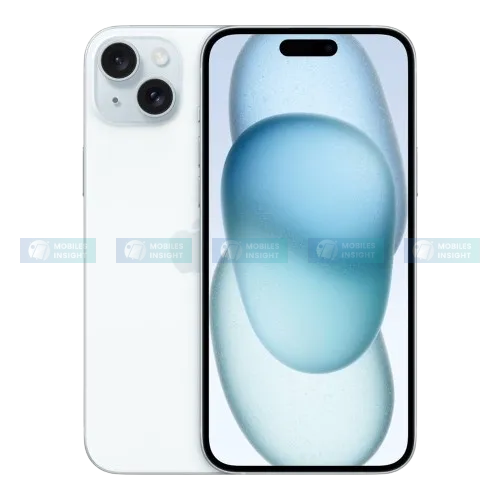
How Modern Technology is Transforming Life in Bangladesh?
Technology is no longer a luxury; it is now a daily necessity. In 2025, it shapes every single moment of our lives. We wake up to smart alarms that adjust based on our sleep patterns. Smartphones organize our schedules, while AI innovation powers our emails, news updates, and entertainment choices. Smart homes in Bangladesh now manage lights, room temperature, and even grocery shopping without us lifting a finger. From communication to healthcare, transportation to education, technology is everywhere. It is in wearable fitness trackers, contactless payments, and virtual classrooms. These tools are not just helpful anymore; they have become essential for modern living.
The Rise of Smart Living
Smart Homes and IoT Devices
Smart homes are quickly becoming the new standard in 2025, even in Bangladesh. Wi-Fi technology and IoT devices connect everything from lights to appliances. Virtual offices now create a more real-life feel, including breakout rooms for group work. Shared whiteboards make collaboration smoother, and real-time technology ensures updates keep everyone in sync. Globally, over 60 percent of homes now have at least one IoT system installed.
Home Security and Remote Monitoring
Security systems are getting smarter and easier to access. Video doorbells like Ring and Arlo allow homeowners to see live activity anytime. Smart locks from August and Yale give you keyless entry and remote control.
Motion detectors and AI innovations in surveillance can quickly detect unusual activity. These systems provide 24/7 peace of mind, whether you are at home in Dhaka or away for travel.
Technology in Communication
How Messaging and Video Calls Have Evolved
Communication in 2025 is faster, clearer, and more global. With 5G Technology now covering over 70 percent of the world, video calls are almost lag-free. Platforms like Zoom, WhatsApp, and Google Meet provide HD video, real-time screen sharing, and multi-user chats.
AI-based translation tools have removed language barriers. Apps such as Google Translate and Skype Translator let people communicate in real time, with automatic voice and text translation. This means that Bangladeshis can now chat across countries without needing to know a foreign language.
Seamless communication is the new normal, whether for office meetings or family gatherings.
Rise of Virtual Assistants in Daily Chats
Virtual assistants are becoming part of everyday conversations. Siri, Alexa, and Google Assistant are not just voice-activated tools anymore; they act more like digital companions.
They can manage calls, send texts, read messages aloud, and even reply with useful responses. By 2025, many people will use these assistants to schedule meetings, search the internet, or handle communication hands-free. With AI innovation, these assistants continue learning and improving daily.
Health and Wellness Tech
Wearable Devices and Real-Time Health Monitoring
In 2025, wearable technology will play an important role in personal health. Smartwatches and fitness bands like the Apple Watch, Fitbit, and Garmin track heart rate, steps, oxygen levels, and sleep in real time.
Advanced devices can now check blood pressure and glucose without needles. For example, FreeStyle Libre allows diabetics to monitor blood sugar continuously. Some smartwatches can even detect irregular heart rhythms early and alert users before it becomes serious.
These tools encourage people in Bangladesh to live healthier lifestyles and identify health issues before they get worse.
Telemedicine and AI Health Predictions
Telemedicine is now a major part of healthcare. Patients can consult doctors using apps like Teladoc, MDLIVE, or Practmno without leaving home. Video consultations, e-prescriptions, and digital follow-ups have made healthcare more accessible.
AI innovation is making diagnosis faster. Systems analyze symptoms, medical records, and health trends to suggest possible conditions. Platforms like Babylon and Ada use machine learning to provide health insights, which help both doctors and patients make better decisions.
Work and Productivity
Remote Work and Virtual Offices
By 2025, remote work will be standard in many industries across Bangladesh and the world. Platforms like Zoom and Microsoft Teams support daily virtual meetings. Virtual offices recreate physical workspaces with breakout rooms, whiteboards, and real-time technology for team collaboration. Hybrid work offers flexibility, balancing home and office setups.
Tools like Slack, Trello, and Google Workspace keep teams connected and organized. Many employers now invest more in digital systems than physical offices. With faster Wi-Fi technology and 5G Technology, working from anywhere has never been easier.
AI Tools Boosting Efficiency
AI has become an everyday productivity partner. Tools like ChatGPT can help with writing, brainstorming, and coding. Grammarly improves the writing quality in emails and reports. Notion AI organizes notes, tasks, and meeting summaries.
Automation tools handle repetitive tasks such as scheduling, sorting emails, and entering data. Businesses in Bangladesh save time and reduce errors, focusing more on strategies. In 2025, AI innovation is not replacing workers; it is helping them work smarter.
Shopping and E-Commerce Evolution
Personalized Online Shopping Experiences
Online shopping in 2025 feels very personal. AI tracks browsing patterns and buying history to recommend items that match user needs. Websites like Amazon and Shopify use predictive algorithms to suggest what you want before you even search.
Augmented Reality (AR) lets shoppers in Bangladesh try on clothes, glasses, or makeup virtually. Brands like IKEA and Lenskart provide AR tools to preview furniture or eyewear in your home.
Voice shopping is also growing. With virtual assistants powered by AI innovation, users can order products simply by speaking.
Quick Delivery and Smart Payments
Fast delivery is now a key feature in online shopping. Same-day delivery is common in major cities, thanks to better logistics and smart warehousing. Services like Foodpanda and Amazon Prime are setting this trend.
Payments are also smarter. Digital wallets like Google Pay, Apple Pay, UPI, and QR codes allow one-tap checkout. Contactless transactions have become widely accepted across Bangladesh, from big malls to local shops.
Education and E-Learning
How Students Are Learning Differently in 2025
In 2025, learning has moved beyond textbooks and classrooms. Students now use gamified apps like Duolingo, Khan Academy, and Quizlet, which make studying interactive and fun. These platforms track progress, adapt to your personal pace, and reward improvement.
AI tutors help with homework and test preparation. Tools like ScribeSense and Socratic provide instant answers and clear step-by-step explanations. Education has become personalized, flexible, and available anytime, anywhere in Bangladesh.
Role of VR and AR in Classrooms
Virtual Reality and Augmented Reality are transforming the way students learn. VR allows learners to visit historical cities, explore human anatomy, or perform science experiments without leaving the classroom.
AR adds interactive digital layers to textbooks. Apps like Google Expeditions and Merge EDU bring history, biology, and geography to life. In 2025, immersive tech powered by real-time technology is making education more engaging, visual, and effective.
Transportation and Navigation
Self-Driving Cars and Smart Public Transport
In 2025, self-driving vehicles are no longer futuristic dreams. Tesla’s Autopilot and Full Self-Driving systems can now manage highways, heavy traffic, and even parking with little human help.
Bangladeshi cities are gradually adopting AI-driven buses and smart trams that follow optimized schedules. These systems adjust routes based on passenger demand and traffic flow, which reduces fuel use and delays.
Public transport apps now provide live updates and digital tickets, making it easier for passengers to switch between buses, trains, and ride-sharing services.
Real-Time Navigation and Travel Planning
Navigation tools have become much smarter. Google Maps and Waze use AI innovation to check traffic, weather, and accidents in real time. They instantly suggest the fastest alternative routes.
Apps like Rome2Rio and Moovit combine flights, trains, buses, and walking paths into one complete travel plan. Travelers to Bangladesh can now plan trips more quickly and with greater accuracy.
Entertainment and Media
On-Demand Streaming and AI Recommendations
In 2025, entertainment is more personalized than ever. Platforms like Netflix, YouTube, and Spotify rely on AI innovation to suggest movies, shows, and music. It studies user behavior and past activity to build playlists and watch lists.
No more endless scrolling. AI predicts what people in Bangladesh want to watch or listen to before they even search. With ultra-HD quality, offline options, and device syncing, streaming has become the top choice across all age groups.
Rise of Virtual Reality in Gaming and Experiences
Virtual Reality has changed how people play games and enjoy experiences. Headsets like Meta Quest and PlayStation VR2 let users step directly inside a 360-degree world.
But VR is not limited to gaming. Virtual concerts, exhibitions, and even travel experiences are becoming popular. Platforms like Wave and VRChat host live events where fans can meet inside virtual spaces.
In 2025, entertainment is no longer passive. With VR and real-time technology, it has become immersive and interactive.
Daily Challenges of Tech Dependency
Screen Time Overload and Digital Fatigue
Excessive screen time has become a real issue in 2025. On average, people now spend more than 10 hours daily on digital devices. This leads to sleep disruption, eye strain, and shorter attention spans.
Mental health is also being affected. Studies show that too much screen use is linked to anxiety, depression, and social isolation, especially among teenagers and remote workers. In Bangladesh, many families are trying tech detox routines to balance life.
Privacy Concerns and Data Tracking
As technology use increases, so do privacy risks. Every online click, voice command, or location update is tracked. AI-driven platforms collect user data to target ads and content.
Facial recognition, surveillance cameras, and social media tracking have blurred the line between safety and intrusion. People are becoming more careful, using VPNs, private browsers, and disabling unnecessary tracking.
In 2025, protecting personal data is just as important as using the technology itself.
What the Future Holds: 2030 and Beyond
The next wave of technology promises even more integration into daily life. Companies like Neuralink are working on brain-computer technology, which may allow people to control devices with their thoughts.
Digital companions will evolve beyond today’s virtual assistants. In the future of AI, they may offer emotional support, manage daily routines, and even interact like human friends.
Quantum computing is also advancing quickly. It can solve very complex problems in seconds, which could revolutionize medicine, climate science, and cybersecurity. By 2030, humans and machines will work even more closely, creating both opportunities and risks.
Final Thoughts
Technology in 2025 has become inseparable from our daily routines. From the time we wake up until we go to sleep, smart devices, AI tools, and digital systems shape how we live. They make life faster, more convenient, and often more productive. We shop with voice commands, work remotely with high-speed Wi-Fi technology, and monitor our health using real-time technology. But convenience comes with challenges. Too much screen time brings mental fatigue. Our privacy is under constant threat. Social interactions are slowly becoming more digital than personal.
As Bangladesh continues to embrace technology, we must ask ourselves: are we in control, or are we giving away too much comfort for convenience? The future depends on how wisely we balance benefits with boundaries.
Are we using technology, or is technology using us?
Popular Phone Reviews

Samsung Galaxy A70 Review: Features, Performance, and Value Insights

Apple iPhone 16 Pro Max Review: Features, Performance, and Value Insights

Apple iPhone 12 Pro Max Review: Features, Performance, and Value Insights

Xiaomi Redmi 12 Review: Features, Performance, and Value Insights






